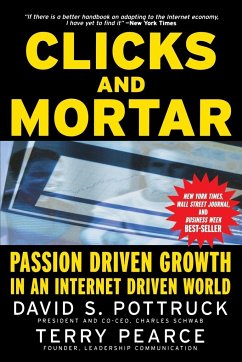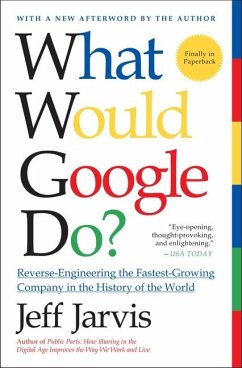
Peter F. Drucker on Technology
Versandkostenfrei!
Versandfertig in über 4 Wochen
22,99 €
inkl. MwSt.

PAYBACK Punkte
11 °P sammeln!
Leading in a Technology-Driven World The relationship of humans to technology is a ubiquitous theme in today's world of mobile devices, 24/7 internet access, and omnipresent digital business tools. The essays in this collection don't focus on a specific technology but on the challenges technology creates for management. In them Peter F. Drucker explores how managers can harness technology to enable workers to be more productive. In this collection he offers insights on: * how technology affects the quality of life * the difference between efficiency and productivity * the impact of technology ...
Leading in a Technology-Driven World The relationship of humans to technology is a ubiquitous theme in today's world of mobile devices, 24/7 internet access, and omnipresent digital business tools. The essays in this collection don't focus on a specific technology but on the challenges technology creates for management. In them Peter F. Drucker explores how managers can harness technology to enable workers to be more productive. In this collection he offers insights on: * how technology affects the quality of life * the difference between efficiency and productivity * the impact of technology on science and politics * how new technology affects not only what work can be done but also how it will be done * and other essential management topics Filled with classic, evergreen advice—"Technology is not about tools; it deals with how man works"—Peter F. Drucker on Technology is essential reading for managers in the digital age.












